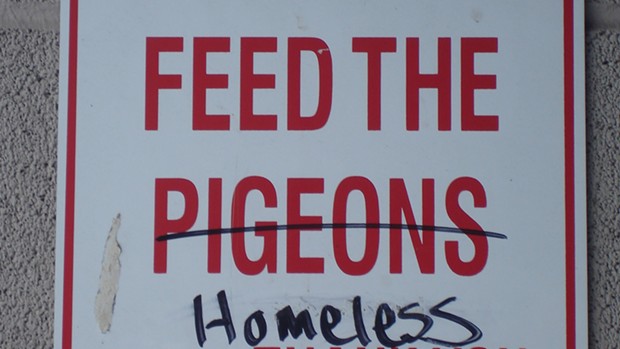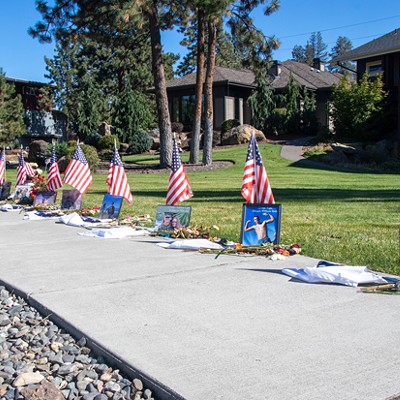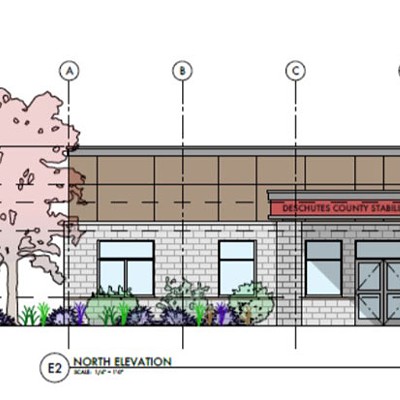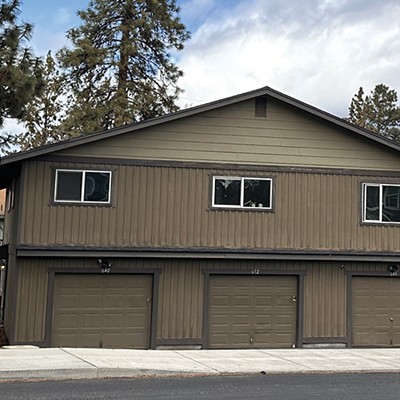Another website won't solve the issues behind homelessness in our community
For last week's story, "Spare Some Change," we sent reporter Chris Miller out to talk to the panhandlers who some say are causing problems in downtown Bend. Hearing from the population in question was an important facet of the story, we thought.
It took him three tries to find a single houseless person sitting on the street.
The one Miller found said he doesn't ask people for money.
At least on the days we trolled downtown, the problem appeared to be an invisible one. Yet the "problem" of panhandlers is big enough for some downtown advocates that they're going to the trouble of creating a website that allows people to donate to local organizations instead of giving people money on the street.
To be sure, some business owners do experience problems with loitering individuals—but the problem isn't necessarily rooted in panhandling. Whether a person downtown elects to give money directly to a panhandler, decides instead to donate to that yet-to-be-created website or donates directly to an organization feeding and housing those in need, they're all band-aids that don't strike at the heart of the problems we face in Central Oregon. One of the biggest: housing is too expensive and there's not enough of it.
Some of the people asking for money or loitering on the streets may elect to live a street lifestyle. Others we have interviewed in past stories tell a similar story: They experienced an illness or other setback that caused them to lose their housing. Were people downtown willing to speak to a person asking for money or loitering, they may hear a story that would humanize the struggle that so many are experiencing in the shadows of our community.
What the problem is, really, is an issue of connection. We don't fault the Downtown Bend Business Association for making an attempt to address an issue reported to them by some downtown business owners, but in the case of a new website intended to deflect from panhandling, we see it as yet another method of decreasing connection and understanding among people in our community.
Instead of taking a moment to speak to a person who may be asking for money on the street, people downtown would simply be able to visit this website. The message: Go tap around on your phone instead of talking to someone. That decreases connection, and what we need is more connection and understanding.
But another tool in the toolbox, in the interest of communication and understanding: de-escalation and conflict resolution techniques people could use to defuse potentially volatile situations. When confronted with someone using foul language or otherwise being disruptive, too few of us possess the tools to usher that situation from tense to mellow. Many counselors and organizations offer trainings and resources in this realm. While some situations won't be alleviated through basic non-verbal de-escalation techniques, such as maintaining calm, keeping a neutral facial expression and avoiding threats and defensiveness, some can. The same basic tools recommended by mental health professionals to defuse incidents in school settings can also be employed on the street.
Many of us have lost our ability to speak to one another respectfully and to attempt to understand—and that's not going to be solved by pushing people to yet another website.

























